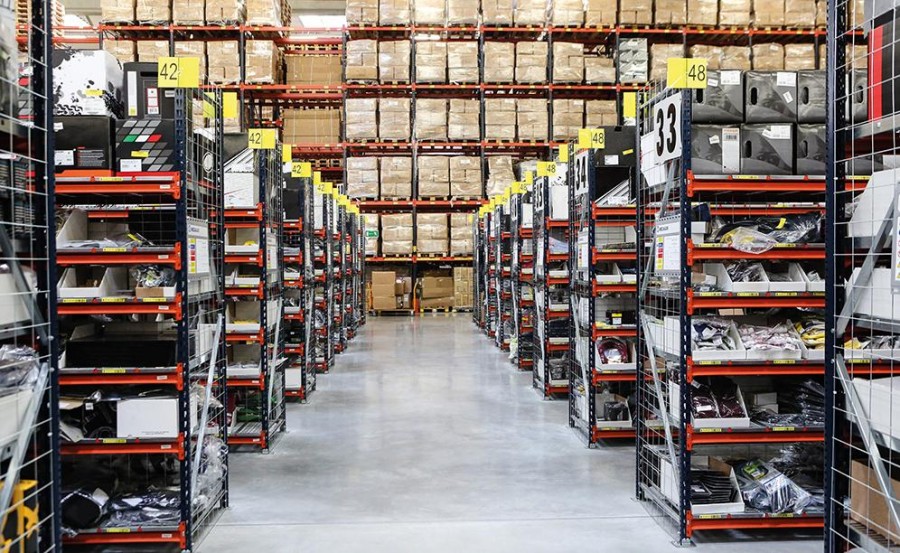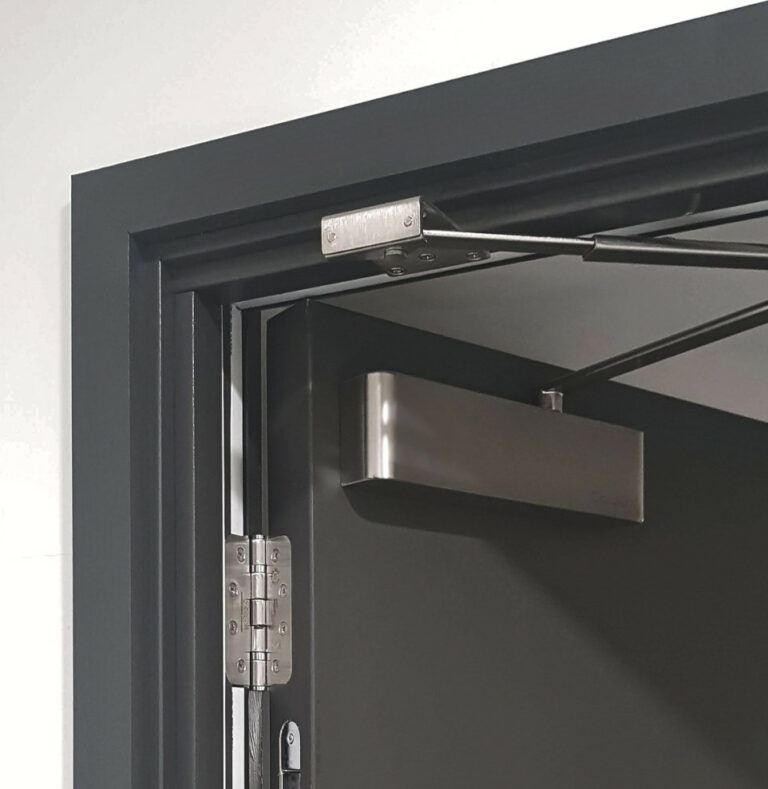The UK manufacturing sector showed further signs of contraction in November, as output fell for the first time in seven months following the sharpest retrenchment in new order intakes since February.
Ongoing concerns surrounding the economic outlook, costs and weak demand meanwhile led to cutbacks in staffing, purchasing and inventory holdings.
The seasonally adjusted S&P Global UK Manufacturing Purchasing Managers’ Index (PM®) posted a nine-month low of 48.0 in November, from 49.9 in October and below the flash estimate of 48.6. The PMI has registered below the neutral 50.0 mark in each of the past two months.
Four out of the five PMI components signalled a deterioration in business conditions during November (output, new orders, employment and stocks of purchases).

Vendor delivery times lengthened, which registered as a positive effect on the headline PMI. However, in normal circumstances longer delivery times are driven by rising demand for inputs, a positive signal, whereas recent supply chain pressures have largely reflected externalities such as the Red Sea crisis, border regulatory issues (including Brexit related constraints) and North American port disruptions.
Manufacturing output declined in November, as weaker demand from domestic and overseas clients led to a scaling back of production volumes. Intakes of new business fell for the second month in a row, with the rate of contraction reaching a nine-month high. By far the sharpest drop in new work was seen in the intermediate goods industry, suggesting especially weak demand in the B2B sector. New work intakes also fell at consumer and investment goods producers.
Survey respondents linked the declines in output and new orders to delayed investment decisions, cutbacks to new projects due to domestic market uncertainty and rising geopolitical tensions. Some firms noted that announcements in the UK Budget had led to budgets being re-appraised at manufacturers and their clients alike.
Export conditions also remained tough during November. New orders from overseas contracted for the thirty-first month in a row, reflecting lower demand from the US, China, the EU and the Middle East. Regarding the EU market, there was specific mention of German demand weakness, especially from the auto industry. Data broken down by company size suggested that small- sized manufacturers were being hit hardest during November. Small-scale producers saw the steepest declines in output, total new orders and new export business.
Although medium and large-sized manufacturers also saw production and total new orders decline, rates of contraction were comparatively mild. The outlook for the manufacturing sector remained positive overall in November. Over half of companies (52%, unchanged from October) forecast that production would rise over the coming year, compared to only 11% anticipating contraction (up from 8%).
Planned expansions and diversifications, product launches, hopes for economic recovery and efforts to revive export demand were cited as reasons for optimism by UK manufacturers. That said, many remained concerned about rising geopolitical tensions, domestic politics and the impact of higher employment costs on future domestic demand. Manufacturing employment fell for the second time in the past three months in November, with the rate of job losses the quickest since February.
Cuts were linked to concerns over rising cost pressures and weak demand. These factors also encouraged manufacturers to cut back on purchasing activity and stock holdings as part of efforts to drive efficiencies, minimise costs and improve cash flow. November saw a mild uptick in the rate of input price inflation, with manufacturers reporting higher costs for chemicals, energy, food products, metals, paper and timber. Increased freight costs, raw material shortages and the Red Sea crisis also contributed to rising price pressures. Selling price inflation eased to a nine-month low
Rob Dobson, Director at S&P Global Market Intelligence “Conditions in the UK manufacturing sector deteriorated again in November. The headline PMI fell to a nine-month low as concerns surrounding the economic outlook, high costs and weak demand led to lower output, falling orders and cutbacks to purchasing, jobs and inventory holdings.
"The export climate also remained bleak, as weaker demand from the US, China and EU led to a further drop in new export business. While companies of all sizes are experiencing a downturn, small companies are the hardest hit, reporting especially marked drops in output, new orders and new export business.
“Meanwhile, supply chain worries have intensified as the combination of the Red Sea crisis, port disruptions and border regulation issues led to longer supplier delivery times, input shortages and rising costs. Input price inflation accelerated as a result. With recent budget announcements on labour costs and employer national insurance likely to raise costs further in 2025, and geopolitical tensions heating up notably around the threat of increased global protectionism, manufacturers are left facing an environment of high costs, low demand and raised uncertainty for the foreseeable future.”




















